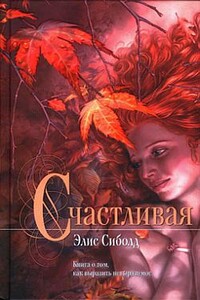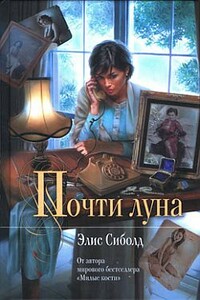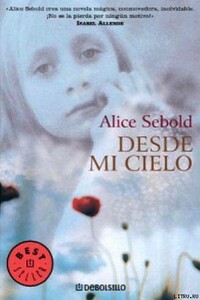Len saw these wounded women all the time. They were regulars at the station, but even when he went somewhere outside his jurisdiction he could sense them when they came near. The wife in the bait-’n’-tackle shop had no bruises on her face but cowered like a dog and spoke in apologetic whispers. The girl he saw walk the road each time he went upstate to visit his sisters. As the years passed she’d grown leaner, the fat from her cheeks had drained, and sorrow had loaded her eyes in a way that made them hang heavy and hopeless inside her mallowed skin. When she was not there it worried him. When she was there it both depressed and revived him.
He had not had much to write in my file for a long time, but a few items had joined the log of old evidence in the last few months: the name of another potential victim, Sophie Cichetti, the name of her son, and an alias of George Harvey’s. There was also what he held in his hands: my Pennsylvania keystone charm. He moved it around inside the evidence bag, using his fingers, and found, again, my initials. The charm had been checked for any clues it could provide, and, besides its presence at the scene of another girl’s murder, it had come up clean under the microscope.
He had wanted to give the charm back to my father from the first moment he was able to confirm it was mine. Doing so was breaking the rules, but he had never had a body for them, just a sodden schoolbook and the pages from my biology book mixed in with a boy’s love note. A Coke bottle. My jingle-bell hat. These he had cataloged and kept. But the charm was different, and he meant to give it back.
A nurse he’d dated in the years after my mother left had called him when she noticed the name Jack Salmon on a list of patients admitted. Len had determined that he would visit my father in the hospital and bring my charm along with him. In Len’s mind he saw the charm as a talisman that might speed my father’s recovery.
I couldn’t help but think, as I watched him, of the barrels of toxic fluids that had accrued behind Hal’s bike shop where the scrub lining the railroad tracks had offered local companies enough cover to dump a stray container or two. Everything had been sealed up, but things were beginning to leak out. I had come to both pity and respect Len in the years since my mother left. He followed the physical to try to understand things that were impossible to comprehend. In that, I could see, he was like me.
Outside the hospital, a young girl was selling small bouquets of daffodils, their green stems tied with lavender ribbons. I watched as my mother bought out the girl’s whole stock.
Nurse Eliot, who remembered my mother from eight years ago, volunteered to help her when she saw her coming down the hall, her arms full of flowers. She rounded up extra water pitchers from a supply closet and together she and my mother filled them with water and placed the flowers around my father’s room while he slept. Nurse Eliot thought that if loss could be used as a measure of beauty in a woman, my mother had grown even more beautiful.
Lindsey, Samuel, and Grandma Lynn had taken Buckley home earlier in the evening. My mother was not ready to see the house yet. She focused solely on my father. Everything else would have to wait, from the house and its silent reproach to her son and daughter. She needed something to eat and time to think. Instead of going to the hospital cafeteria, where the bright lights made her think only of all the futile efforts that hospitals contained to keep people awake for more bad news – the weak coffee, the hard chairs, the elevators that stopped on every floor – she left the building and walked down the sloped sidewalk leading away from the entrance.
It was dark out now, and the parking lot where she had once driven in the middle of the night in her nightgown was spotted with only a few cars. She hugged the cardigan her mother had left behind tightly to her.
She crossed the parking lot, looking into the dark cars for signs of who the people inside the hospital were. There were cassette tapes spread out on the passenger seat of one car, the bulky shape of a baby’s carseat in another. It became a game to her then, seeing what she could in each car. A way not to feel so alone and alien, as if she were a child playing a spy game in the house of her parents’ friends. Agent Abigail to Mission Control. I see a fuzzy dog toy, I see a soccer ball, I see a woman! There she was, a stranger sitting in the driver’s side behind the wheel. The woman did not see my mother looking at her, and as soon as she saw her face my mother turned her attention away, focusing on the bright lights of the old diner she had as her goal. She did not have to look back to know what the woman was doing. She was girding herself up to go inside. She knew the face. It was the face of someone who wanted more than anything to be anywhere but where she was.







